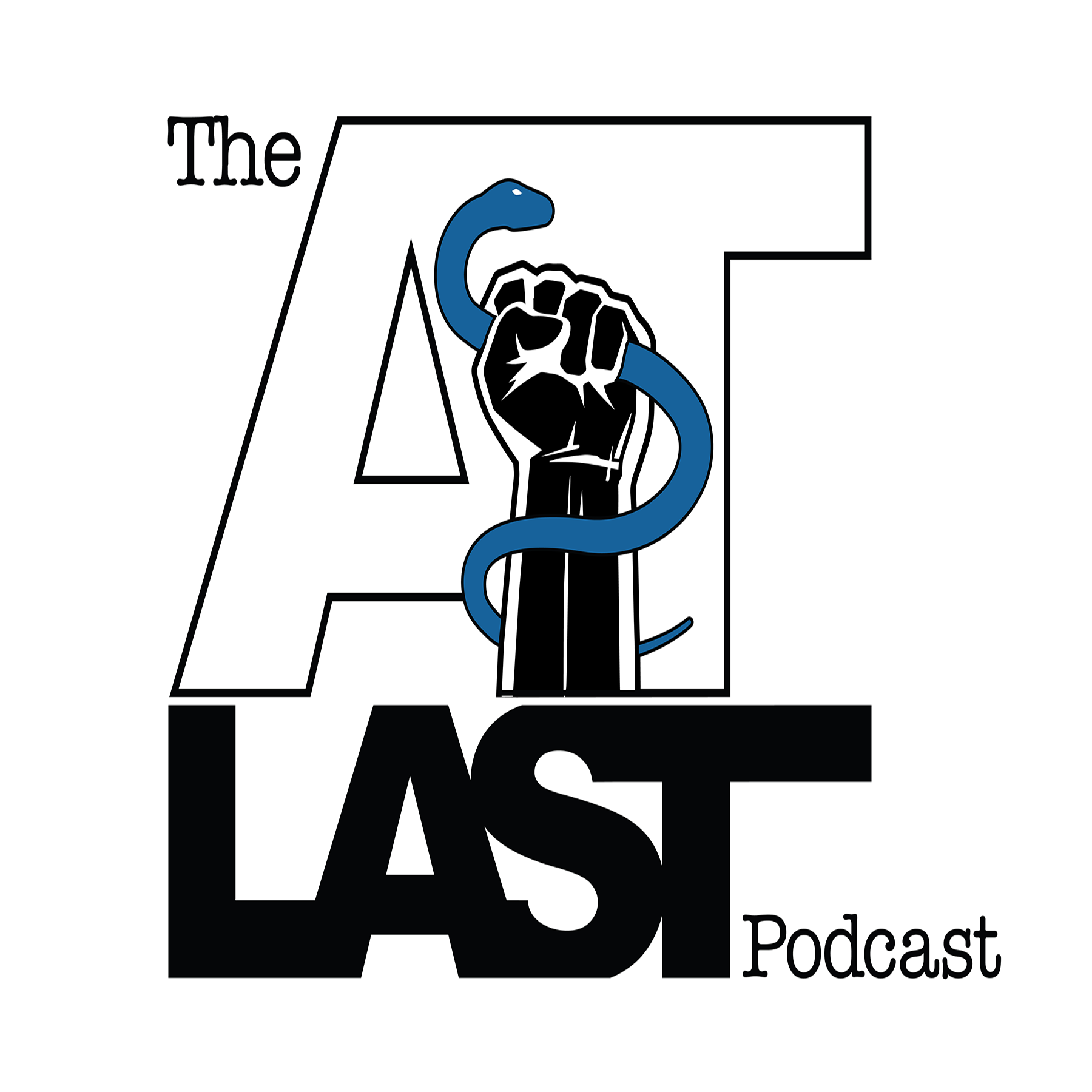Episode 7
Vaccination Hesitation: COVID-19 Vaccine Safety & Efficacy with Christina Cady
In this episode, Christina Cady, MPH, MHS, PA-C breaks down the science and stories behind COVID-19 vaccination. With misinformation spreading faster than the virus itself, Christina brings clarity to the conversation, addressing the most common fears, questions, and misconceptions about vaccine safety and effectiveness.
She shares both clinical insights and frontline experiences, highlighting why trust and communication are as essential as the vaccine itself in overcoming hesitancy. From addressing concerns in vulnerable populations to explaining how healthcare providers can better support patient decision-making, this episode equips listeners with knowledge and perspective during one of the most pivotal public health moments of our time.
AT L.A.S.T.
Website: WeAreATLast.org
Email: adam.cady@weareatlast.org
Support: https://secure.givelively.org/donate/athletic-trainers-leveraging-activism-for-social-transformation
LinkedIn: https://www.linkedin.com/company/at-l-a-s-t
Instagram: https://www.instagram.com/atlastpod
35% OFF Thorne Products compliments of http://raincrosshp.com/ go to https://thor.ne/Ch2Uc
20% OFF Xcelerated Recovery products: Code Rain20: https://xrscience.org/
Artwork by Jason Eisenberg
Instagram: https://www.instagram.com/dots_and_squares/
LinkedIn: https://www.linkedin.com/in/jasoneisenberg00/
Music by Willie B the Ichiban Don
Instagram: https://www.instagram.com/ichibandon/
LinkedIn: https://www.linkedin.com/in/william-brown-25945b168/
Production / Engineering / Editing / by Gerson Sandoval
Website: www.davyrover.com
Instagram: https://www.instagram.com/davy.rover/
LinkedIn: https://www.linkedin.com/in/gersonsandovalengineer/
Guest
LinkedIn: https://www.linkedin.com/in/christinamcady/
References
- Artiga S. Orgera K. Key Facts on Health and Health Care by Race. Kaiser Family Foundation. 2019
- Quinn SC. African American adults and seasonal influenza vaccination: Changing our approach can move the needle. Human Vaccines & Immunotherapeutics. 2018;14(3):719-723.
- Rahimi H, Picaud Y, Costanzo S, Madhusudan G, Boissier O, Singh kamal D. Design and simulation of a hybrid architecture for edge computing in 5g and beyond. arXiv:20090041 null. Published online August 31, 2020.
- Quinn SC, Jamison A, Freimuth VS, An J, Hancock GR, Musa D. Exploring racial influences on flu vaccine attitudes and behavior: Results of a national survey of White and African American adults. Vaccine. 2017;35(8):1167-1174.
- Maurer J, Harris KM, Uscher-Pines L. Can routine offering of influenza vaccination in office-based settings reduce racial and ethnic disparities in adult influenza vaccination? J GEN INTERN MED. 2014;29(12):1624-1630.
- Artiga S. Michaud, J. Kates, J. Orgera K. Racial Disparities in Flu Vaccination: Implications for COVID-19 Vaccination Efforts. Kaiser Family Foundation. 2020
- ACIP COVID-19 Vaccines Evidence to Recommendation Framework. 2020



